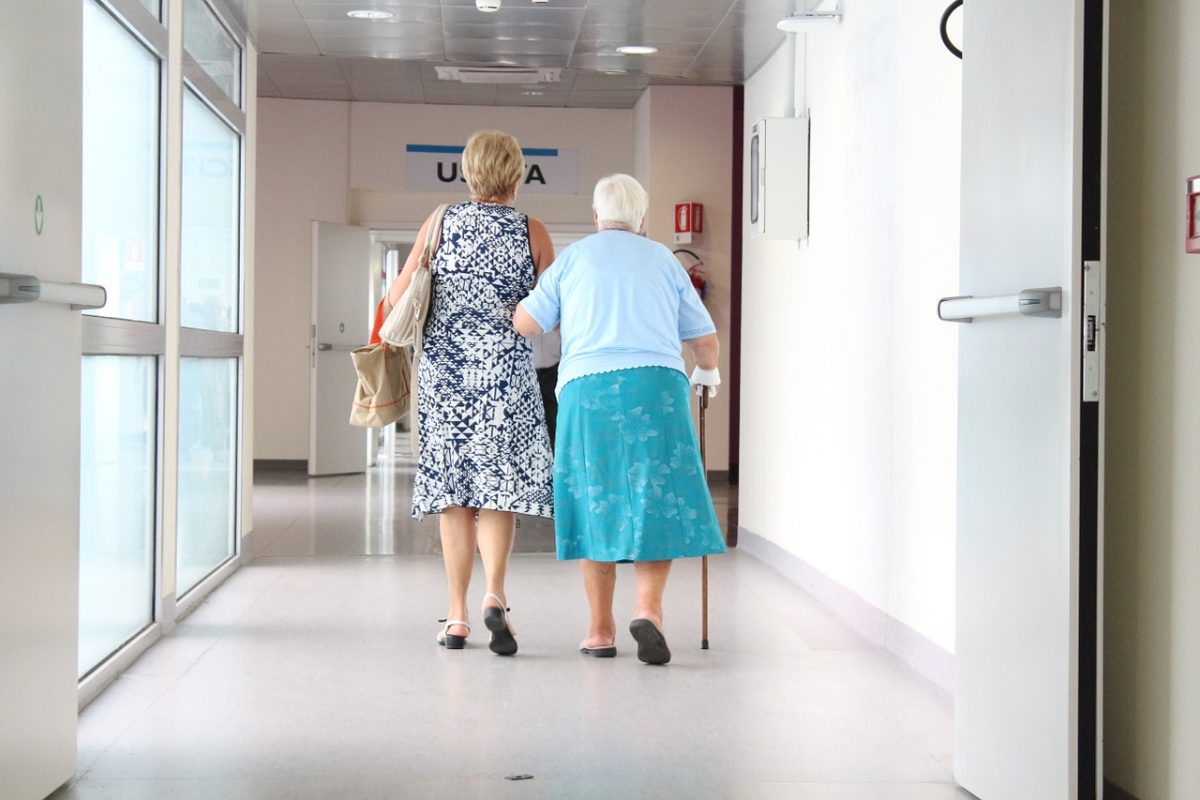The Conservative Party manifesto for the 2019 general election pledged that finding a cure for dementia would be one of the Government’s biggest priorities. To this end, the manifesto committed to doubling dementia research funding and speeding up trials for new treatments. In a report published in September 2021, the All Party Parliamentary Group on Dementia made a central recommendation that the Government should implement its funding pledge as soon as possible.
This document sets out further detail on the workings of the new charging reform framework and confirms key outstanding policy details, including the standard level at which ‘daily living costs’, will initially be set.
Information for local councils on the Household Support Fund to support vulnerable households in England.
This page provides constituency-level data on people claiming unemployment benefits, expressing the data both as the number of claimants and as a proportion of residents aged 16-64.
The Compensation Recovery Unit recovers social security benefits in certain compensation cases and NHS costs in certain injury cases.
New research with employers by national charity Carers UK, supported by Centrica, has found that flexible working and practices to support carers within the workplace have continued to accelerate, become better embedded and many look set to stay as the return to the workplace gathers pace.
Heading into the pandemic, disabled people faced an employment gap compared to non-disabled people of 28.1%, and a pay gap of 15%, which equated to £3,000 less a year.
The Coronavirus Job Retention Scheme (CJRS) ended on 30 September 2021.
Provisional data shows that when it closed on 30 September, the CJRS was supporting 410,000 employers who had a total of 1.14 million jobs on furlough. This is a decrease of 210,000 employments from 31 August when there were 1.35 million employments on furlough.
A contract between an employer and an employee or worker is a legally binding agreement. A contract can be agreed verbally or in writing.
Any changes to the contract must be agreed by both the employer and employee or worker, or in some circumstances with a trade union or other employee representatives.
There has been a significant decrease compared to last year where 5.4 million jobs paid below the real Living Wage – the largest drop ever recorded in percentage point terms. However, the report highlights that a key factor in the drop has been increased levels of unemployment in low-paid sectors such as hospitality and retail.



